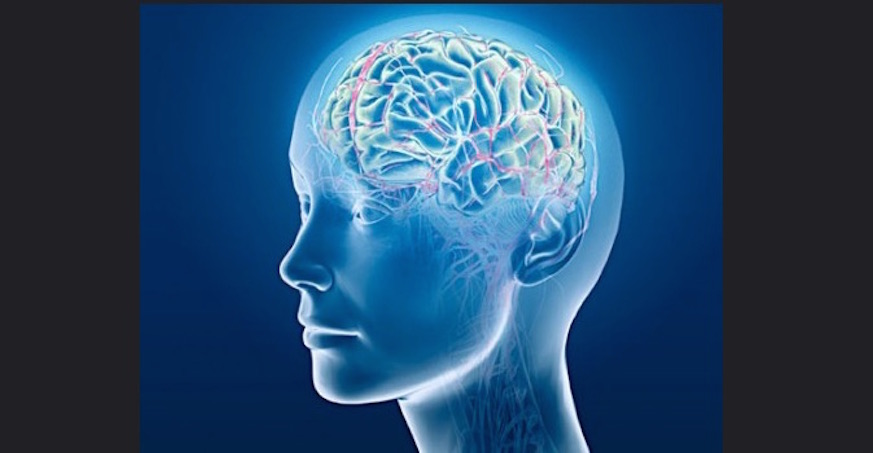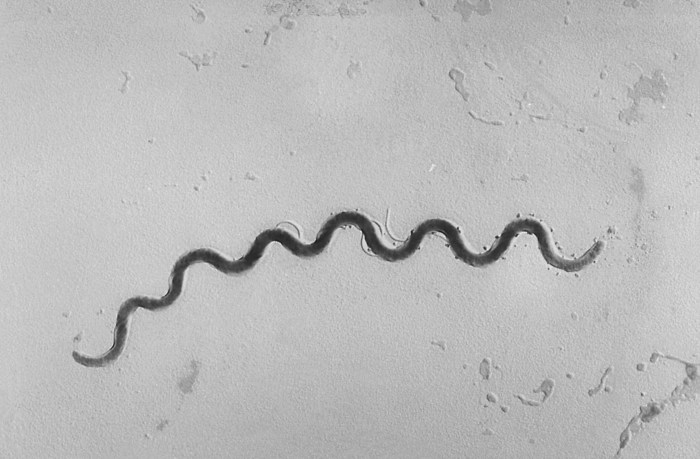A new breakthrough in medical research might give doctors the ability to diagnose traumatic brain injuries in athletes while they’re still alive.
In a new study, researchers from the NorthShore University HealthSystem in Evanston, Illinois, confirmed a case of chronic traumatic encephalopathy, or CTE, in a 12-year veteran of the National Football League.
Brain scans of the player four years ago — confirmed by CNN as former Vikings linebacker Fred McNeill — showed the presence of tau, a protein that builds up over damaged brain cells. McNeill passed away in 2015 and a later autopsy confirmed he suffered from CTE.
What is CTE?
CTE is progressive degenerative disease that’s often compared to dementia and typically only diagnosed after death. It most often happens in people with a history of repeated brain trauma, like athletes. It’s gained recognition in recent years as concerns grows over concussions sustained during football, but it dates back to the 1920s with boxers suffering from what was then called “punch drunk syndrome,” according to Boston University.
Brain degeneration with CTE can happen months or years after brain trauma — and its marked by progressive memory loss, impulse control problems, aggression, depression, impaired judgment and even suicide.
The results of the study — which included scans of McNeill and hundreds of other athletes and members of the military — were the first “to have that brain specimen correlation,” according to study researcher Julian Bailes, co-director of NorthShore University HealthSystem.
“It was very nice to get that scientific confirmation of that scientific truth,” Bailes told USA Today.
The researchers said more testing needs is needed to make a test for CTE available, but they estimate it could come within the next five years.
“It’s only one case report, but that’s the way science begins,” Bailes added to USA Today. “There’s more to understanding, but this is a nice demonstration of the correlation of a living scan and an autopsy of the brain.”
“If there’s ever a treatment developed, you can test the response to it,” Bailes told the Chicago Tribune. “If you can trust the scans, you can tell a football player he shouldn’t keep playing, or tell someone in the military he can’t [be exposed to] explosions.”
The disease forms a “very unique pattern” in brain scans, and the recent autopsy was the “first to have that brain specimen correlation,” Bailes told USA Today.
“It was very nice to get that specific confirmation of that scientific truth.”
“If there’s ever a treatment developed, you can test the response to it,” he said. “If you can trust the scans, you can tell a football player he shouldn’t keep playing, or tell someone in the military he can’t (be exposed to) explosions.”
The scans indicated the presence of tau, a protein that builds up over damaged brain cells. But the scientists cautioned that the results needed to be confirmed, because CTE, a dementia-like disease linked to repetitive head trauma, can be definitively diagnosed only by examining brain tissue after a person’s death.
“When there’s such a diversity (of diagnostic techniques) and no one seems to be finding the same thing, it’s really hard to validate the findings,” she said.



















